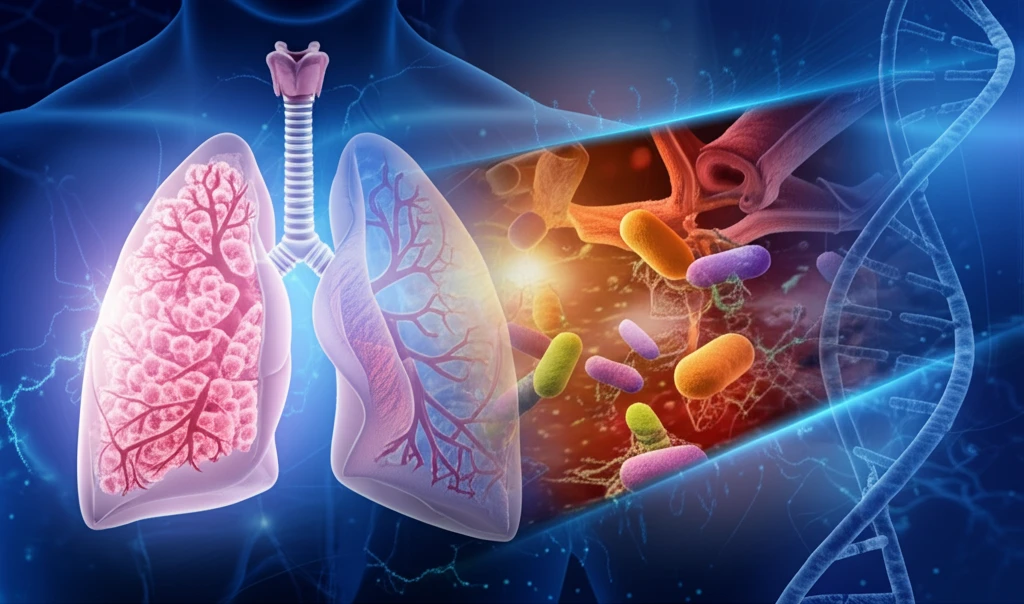
Decoding Lung Disease: Advances in Understanding and Treating Bronchiectasis and Pulmonary Hypertension
"New research reveals critical insights into the underlying mechanisms and potential therapeutic targets for bronchiectasis and pulmonary hypertension, offering hope for improved patient outcomes."
Recent studies presented at a major respiratory conference have shed new light on the complexities of bronchiectasis and pulmonary hypertension. These findings not only deepen our understanding of these challenging conditions but also highlight potential new avenues for therapeutic intervention.
Bronchiectasis, characterized by chronic inflammation and irreversible damage to the airways, affects thousands worldwide. Pulmonary hypertension, a condition of elevated blood pressure in the pulmonary arteries, presents its own set of diagnostic and treatment challenges. Both conditions can significantly impact quality of life and require ongoing medical management.
This article delves into the key discoveries presented in these studies, exploring the roles of neutrophils in bronchiectasis, the genetic underpinnings of pulmonary hypertension, and the potential impact of muscle strength and physical activity on patient outcomes. We will break down the complex science into accessible information, providing insights relevant to patients, caregivers, and healthcare professionals alike.
Unlocking Bronchiectasis: How Neutrophils and Inflammation Play a Key Role

One study focused on the behavior of neutrophils, a type of white blood cell, in patients with bronchiectasis. Researchers found that neutrophils in these patients are often 'primed' and activated, leading to an exaggerated inflammatory response. This chronic inflammation contributes to the cycle of airway damage characteristic of bronchiectasis.
- Statistically significant increase in the percentage of viable neutrophils in bronchiectasis patients.
- Decrease in apoptotic neutrophils (programmed cell death) in bronchiectasis.
- Significant increase in phagocytosis (the engulfing of pathogens) by neutrophils in bronchiectasis patients when treated with lipoxin A4.
The Future of Lung Disease Treatment: A Personalized Approach
The studies discussed in this article underscore the importance of a personalized approach to managing bronchiectasis and pulmonary hypertension. By understanding the specific mechanisms driving disease in individual patients, clinicians can tailor treatments to optimize outcomes and improve quality of life. Further research and clinical trials are essential to translate these discoveries into effective therapies for these challenging conditions.
